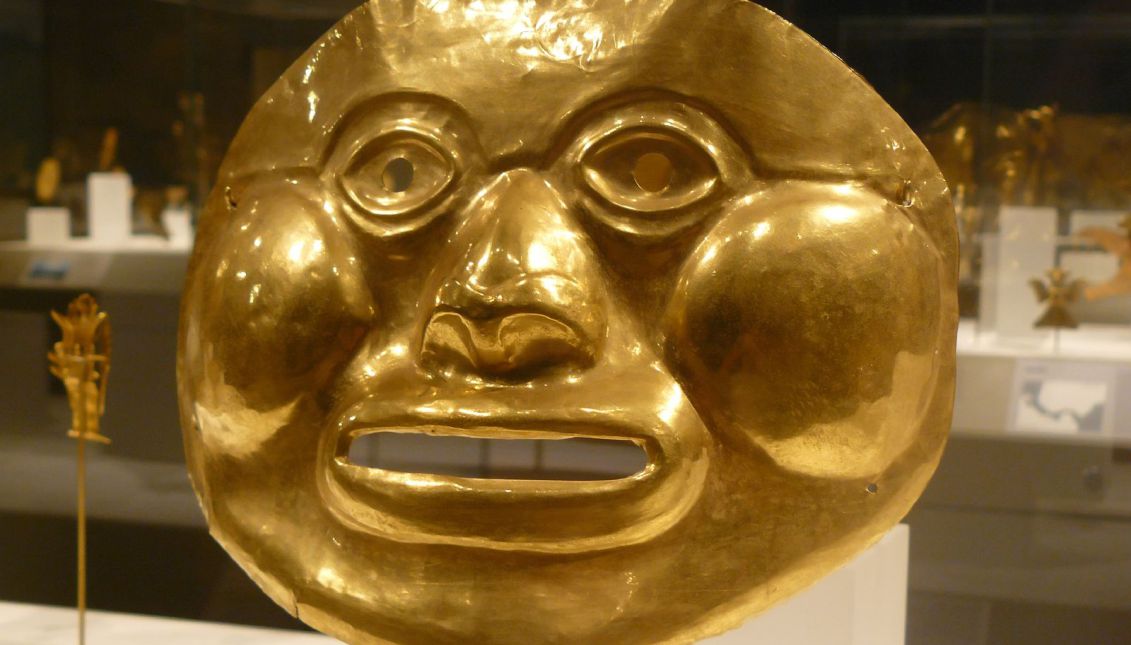
The art that Leonardo Patterson took
The controversial Costa Rican collector Leonardo Patterson, accused of selling counterfeit and stolen pieces from various Latin American archaeological sites,…
The collection of Pre-Columbian art by Leonardo Patterson, a Costa Rican collector who was arrested in 2015 for doing business with falsifications and stolen works, seeks a new refuge. And this could be Santiago de Compostela, in Galicia (Spain), where Patterson already tried to exhibit once his controversial archaeological treasure.
The fame of a scammer is difficult to erase, but one must admit that Leonardo A. Patterson had a promising start: from a poor family, he arrived in the US from Costa Rica in the 60s with one hand in his pocket and little by little he became a multimillionaire art collector, organizing incredible exhibitions of pre-Columbian art, first in Manhattan and later - when the FBI began to suspect that this was not clean wheat - in Europe. While living in the US, Patterson was investigated several times by the FBI, which in 1980 accused him of having tried to sell a fake Maya fresco to a collector in Boston, the NY Times reported in 2015.
In spite of everything, he knew how to move forward. In the 90s, Patterson moved to Germany and from there he organized several exhibitions in Spain and France. His collection of pre-Columbian art was so dazzling that his exhibitions managed to attract visitors of the likes of Oscar Arias Sanchez, former president of Costa Rica, and Guatemalan Nobel laureate Rigoberta Menchú.
RELATED CONTENT
Suspicions about the origin and authenticity of his works were growing. Some Latin American countries denounced him for pillaging and extradition orders were issued against him. For their part, the Spanish authorities tried to retain the Patterson collection in Spain due to suspicions about its authenticity and provenance, but Patterson managed to finally take them to Germany.
The "party" ended in 2015, when, at 73 years old, a court in Munich found him guilty of trafficking fake pieces and being in possession of stolen works. He was sentenced to house arrest for three years and forced to pay a fine of $ 40,000, in addition to returning to Mexico several pre-Columbian wooden sculptures of great value.
Mexico is not the only country that has filed complaints against the collector. Peru and Ecuador also demand the return of the plundered pieces that are part of the Patterson collection.
Instead of returning them, Patterson decided to move from Munich to Paris his impressive archaeological treasure at the end of 2016 - more than a thousand pieces, according to El País. The goal is to move them now to Santiago de Compostela, a special city for Patterson for his "spirituality", according to statements of his lawyers. Santiago de Compostela is the final destination of the "Camino de Santiago", the famous Catholic pilgrimage that thousands of people from all over the world make every year.
How did Patterson coax so many people for so long? Arthur Brand, a specialist detective in artistic fraud, who has helped to identify false or stolen pieces from the Patterson collection, told El País: as a man of color and endowed with a natural charm, Patterson knew how to exploit the image of "the good savage" among the white elites of the art world. He came to a place and said, "I just came from the jungle and I don’t know anything about your world, I don’t have any shoes, but look what treasures I have," says Brand.











LEAVE A COMMENT: